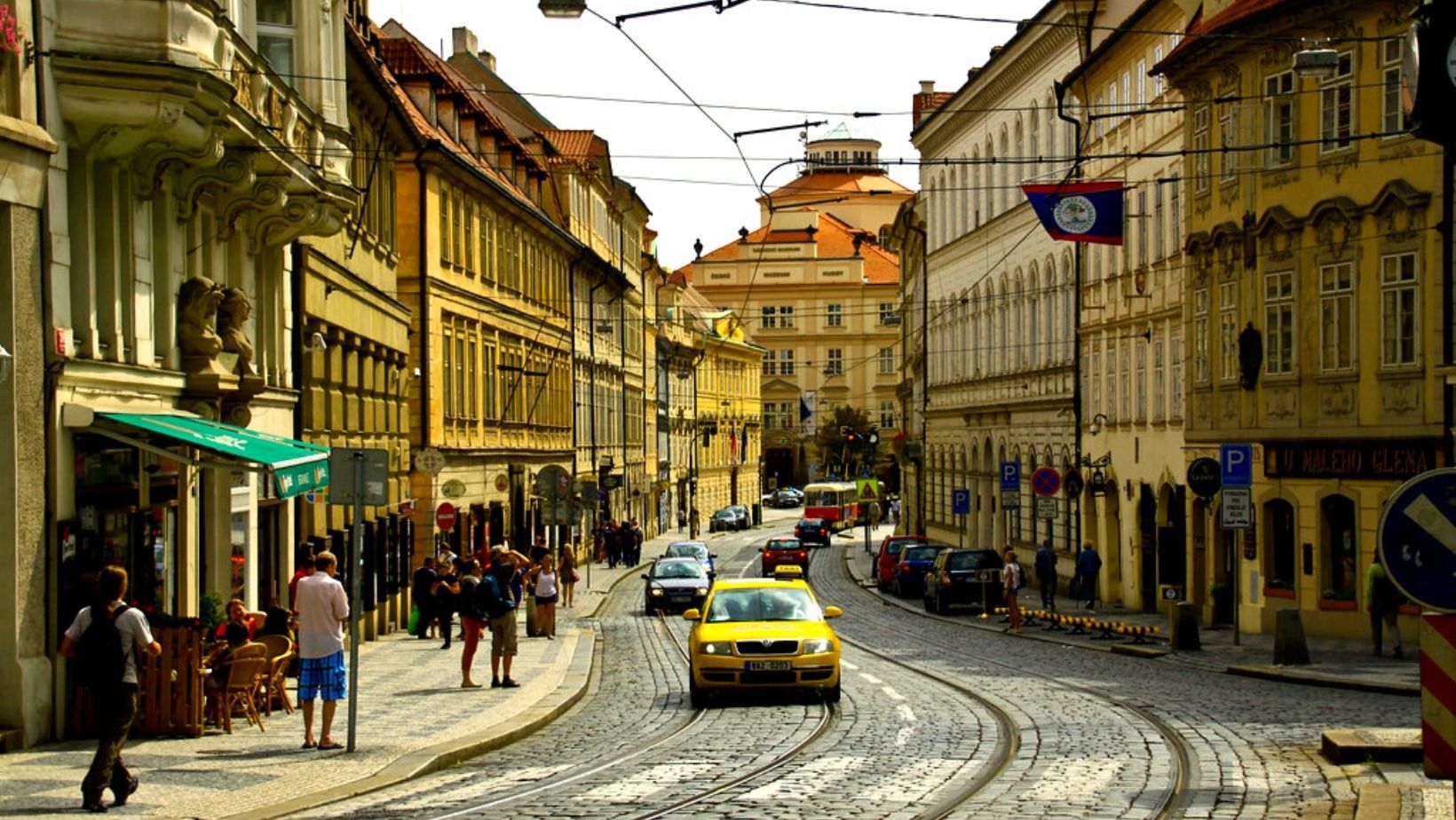There were not enough skilled workers in the Czech Republic before the coronavirus crisis hit the country. Now that the nation is in the process of reopening its economy, the problem is coming back.
Many businesses report that the labour shortages that blighted the Czech economy before the pandemic are already an issue amid the very earliest stages of reopening.
“Companies were already expecting in January that recruitment would be the biggest obstacle to the development of their businesses this year,” said Karina Kubelkova at the Czech Chamber of Commerce, “and they’re confirming that now.”
Analysts note that while Czech unemployment expanded over the last year, it wasn’t by much. Joblessness at the end of the first quarter stood at just 3.2%, the second-lowest in the EU after neighbouring Poland.
The tight market means that the cost of labour continues to rise. In May, the average monthly wage rose by 3.2% compared with a year earlier to 35,285 Czech crowns, and analysts expect it to accelerate sharply.
It’s taken little time for these abstract macroeconomic data to become a very real headache for companies eager to make up for lost time.
In the years ahead of 2020, the difficulties of recruiting staff plagued the Czech Republic and its neighbours. Despite the import of hundreds of thousands of workers from Ukraine and other selected source markets, the lack of factory hands, builders and drivers — as well as more skilled workers — had become a major brake on economic growth.
The signs are that the pandemic has done little to change the trend. “Government support has kept the labour market very stable,” said Michal Brozek, an economist at Komercni Banka in Prague. “Data shows that vacancies are already around the same high levels and that employment activity is rapid.”
There is concern that, rather than easing labour market conditions, the pandemic has antagonized certain issues.
Some have found their employment prospects damaged. “It hit women and the young very hard,” said Tomas Prouza, president of the Confederation of Trade and Tourism. “It has pushed them from jobs in which they were gaining important experience, and they’re finding it tough to get back into the market.”
Those candidates are a big loss to a hospitality sector also struggling due to its high exposure to lockdown measures.
A dearth of foreign workers is an issue for other sectors. The supply of Ukrainians and other nationalities invited to Czechia under government visa schemes dried up during the pandemic as embassies and borders closed and those already in the country began to wend their way home.
Construction has been particularly hard-hit. Further up the skills ladder, the IT sector’s heavy reliance on foreign workers meant that before the pandemic it could take up to two years to fill vacancies, according to Kubelkova. The COVID-19 boost to digitalization suggests that such shortages are likely to become more acute.
Whether those foreign workers will soon start making their way back to Czechia is not yet clear. Border restrictions and limited transport links persist, while the government is only now discussing restarting its visa easing schemes.
An updated investment strategy to persuade companies to put research and development activities in the country as well as basic factory operations is also key.
Unless a strategic blueprint appears soon, says Kubelkova, it’s hard to imagine how the Czech economy will cope with the demands of the EU’s Green Deal, a project to make the bloc’s economies climate-neutral by 2050.
“The pandemic put strategy on the backburner. We need to act fast,” she urged.
However, as the economy gets back on track, the short-term pressures are only mounting. Brozka suggests that there may still be a little breathing space. He expects that unemployment will rise a little yet as foreign workers slowly return, peaking at 4.5% by the end of the year.” But then we’re likely to see a sharp fall as the economic reopening accelerates,” he warned.
-
NEWSLETTER
Subscribe for our daily news











